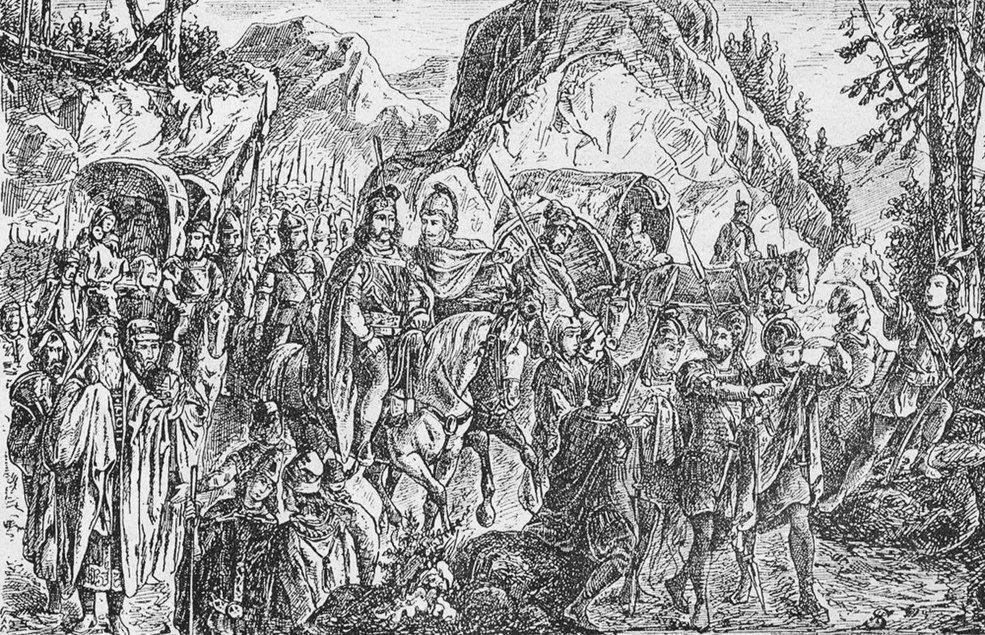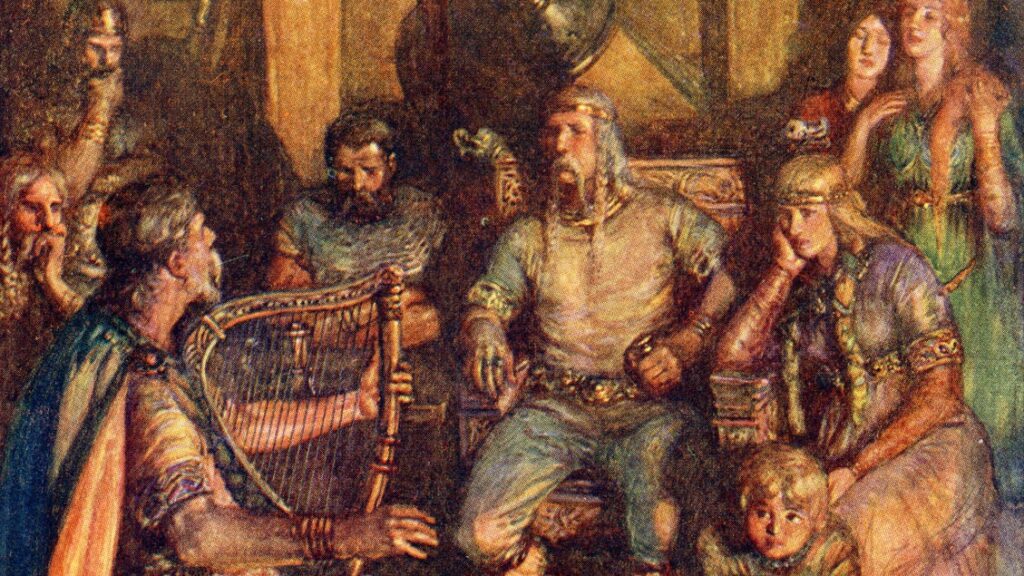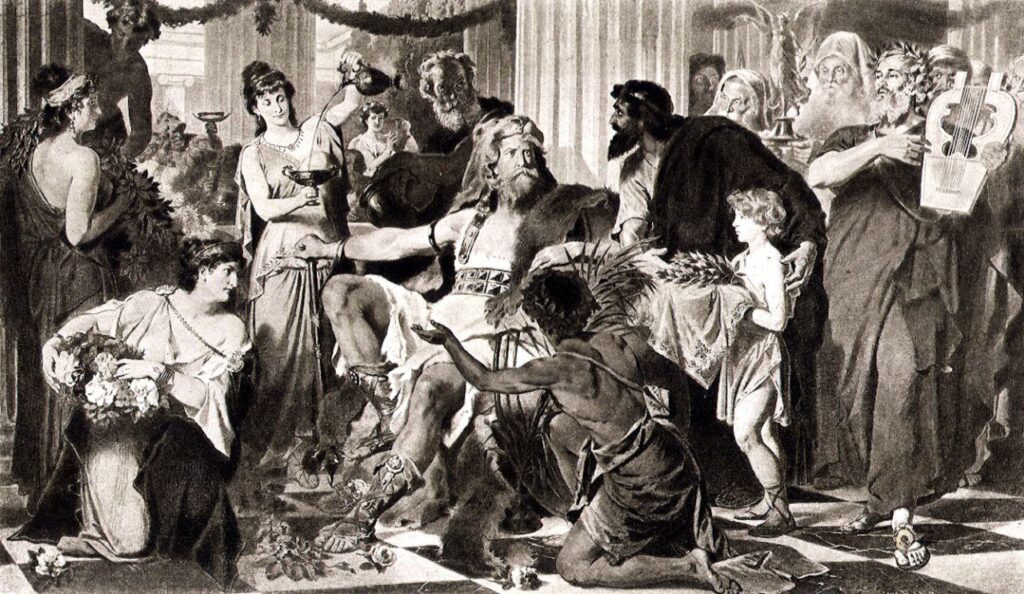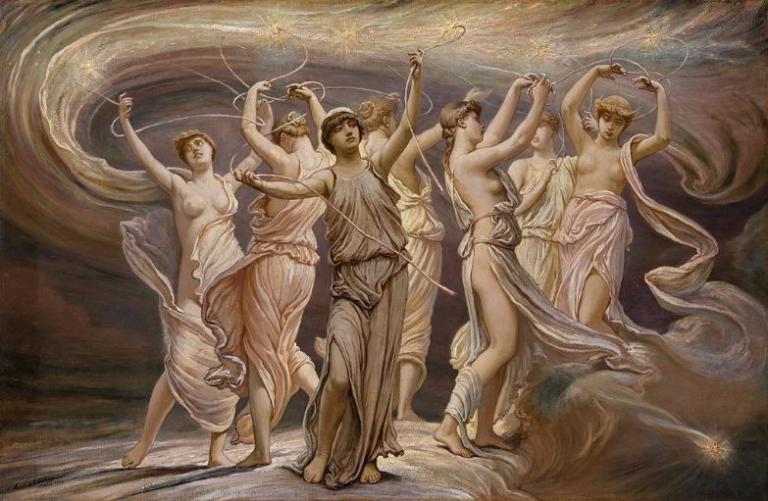Constantine Porphyrogenitus and the early Serbian presence in the Balkans
In his work De administrando imperio, Emperor Constantine Porphyrogenitus describes the Serbs. According to his statements, Serbs are descended from the so-called White Serbs, settled on the other side of Turkey (Hungary). Serbs call that country Bojki/Boiki. According to some historians, it is Bohemia, the Czech Republic, but these claims are not reliable. But how […]
Constantine Porphyrogenitus and the early Serbian presence in the Balkans Read More »








